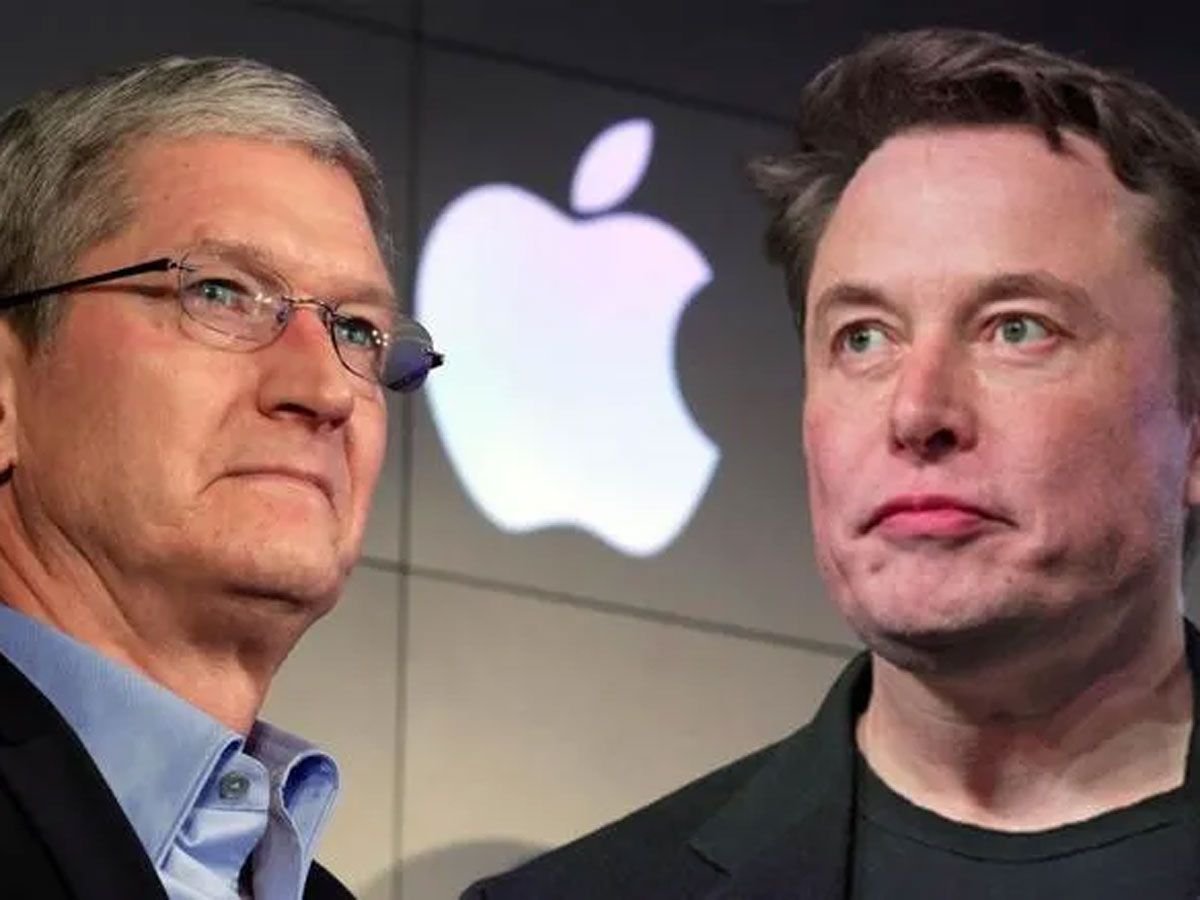This week, Elon Musk slammed Apple, arguing that Apple favors OpenAI unfairly in its App Store rankings. The tech billionaire claimed that Apple’s actions make it "impossible" for competing AI ventures—like his xAI’s Grok and his platform X—to reach top positions, calling it “an unequivocal antitrust violation.” Musk’s company xAI has vowed to take immediate legal action, amplifying a high-stakes clash between AI titans and a tech behemoth.
Background of Musk’s Allegation
When Apple favors OpenAI, according to Musk, the result is an artificial barrier preventing any other AI platform from reaching the number-one slot in the App Store rankings. In posts on X, Musk questioned why Apple excludes X (the world’s top news app) and Grok (his AI chatbot) from the App Store’s “Must Have” section. He emphasized that while ChatGPT consistently appears in this prized spot, neither of his apps receives similar editorial favor—a move he equated with political bias and a potential violation of antitrust laws. Musk is not alone in raising concerns about Apple’s ecosystem favoritism. His accusation builds on a growing narrative about how App Store editorial and ranking policies may skew competition, especially in fast-evolving sectors like artificial intelligence.
The Legal Threat and Competition Stakes
Elon Musk didn’t hold back, he called this situation “an unequivocal antitrust violation” and warned that xAI will initiate legal action against Apple for structural bias. At the same time, this dramatic move fuels an already intense rivalry among AI innovators.On the App Store, OpenAI’s ChatGPT holds the top free app position, while Grok stands somewhere around fifth or sixth. Musk alleges this disparity is not organic but engineered by Apple’s preferential treatment of OpenAI-based offerings.
Reactions and Broader Context
This public confrontation did not go unanswered. OpenAI CEO Sam Altman fired back, accusing Musk of manipulating X’s algorithm to benefit his own companies at the expense of competitors. Altman called Musk’s claims remarkable, given these allegations of self-serving tech manipulation.His words highlight how power dynamics over AI tools and platform control are increasingly shaping competition. Meanwhile, Apple remains silent on the latest accusations. Notably, though, the company has previously faced antitrust scrutiny from the European Union—including a €500 million fine over restrictions that limited developers’ ability to redirect users outside its platform—that underscore long-standing concerns about its App Store policies.
Implications for Developers, Regulators, and the AI Market
If Apple favors OpenAI structurally, this may set concerning precedents for how platform control influences which AI systems gain visibility, and advantage. Smaller or emerging AI companies could find themselves locked out from reaching influential ranking positions, no matter their quality or innovation.
Regulators may now face increased pressure to enforce fair competition on digital storefronts. From a broader ecosystem perspective, Apple’s role as gatekeeper in AI distribution touches on transparency, censorship, and market access issues. For developers, the implication is clear: platform pathways matter. Visibility on curated sections like "Must Have" can make or break an app's exposure and user adoption.
What’s Next?
As Musk’s threat of legal action unfolds, several outcomes are possible:
- Regulatory review intensifies, probing whether Apple’s editorial decisions violate antitrust laws.
- Apple may respond by adjusting ranking algorithms or editorial inclusion criteria—though it’s unclear if it will make concessions.
- Industry debate over app platform fairness will grow, potentially prompting broader reforms for digital marketplaces.
Conclusion
The allegation that Apple favors OpenAI strikes at the heart of digital competition in an AI-driven era. Elon Musk’s heated challenge adds dramatic fuel to debates about fairness, platform power, and the future structure of AI ecosystems. Whether this leads to legal redress, policy reform, or shifts in app curation, one thing is certain: the spotlight on App Store biases has never been brighter.
Read More






 Monday, 23-02-26
Monday, 23-02-26







